The United Nations and organisations such as SOS Racisme warn of the increase in abuse and violence coinciding with the health emergency caused by the coronavirus.
The crisis unleashed by COVID-19 is filled with edges that we are only now beginning to discover and that challenge the values of our society. Health crisis, half the world confined and a rampant economic recession are just some of the impacts that we are facing in the form of a global pandemic.
Shocked by the relentless count of infections and deaths regularly analysed by the media, fear spreads at a higher speed than the virus itself and is a symptom of this dark times we are currently living.
One of the warning signs has been issued by the United Nations through its rapporteur for minorities, Fernand de Varennes. "COVID-19 is not only a health issue but also a virus that may fuel xenophobia, social exclusion and hatred", he stated. He has also warned of an "alarming increase in verbal and physical abuse" against several minorities in the wake of the pandemic.
And these situations are not remote, they are happening right now at our hometowns. This is what SOS Racisme has stated at the same time that it has already condemned rights violation to minorities since the pandemic broke out. "It is usual that when there is a crisis, the target of attacks and rights violations are the same people who have historically been discriminated: racialized people and migrants", they explain.
"Since we do not know who to blame for the situation, the easiest thing is to target the most vulnerable", says David Bondia, director of the Catalan Institute of Human Rights (IDHC, for its Catalan initials). He accuses far-right speeches that "are turning the oppressed into oppressors, for example, by saying that if migrants are allowed access to public health care, this would lead to collapse".
As an example of the rights violations that are already taking place in this crisis, SOS Racisme warns that "the current state of alarm multiplies institutional racism and the existing right restrictions since there is less control, more fear and few public scrutinies". They also condemn that the last few days illegal identifications due to racial profiles have increased. "The suspicion of the unfulfillment of the measures falls directly on people with a certain profile", they say.
Accordingly, David Bondia mentions the recent incident reported by Red de Cuidados Antirracistas (Anti-Racist Care Network) that assures that the Guardia Urbana (city police) fined them when they were delivering food to migrant families affected by the confinement. "Why are they looking for regular or irregular administrative situations when people want to cooperate? It is outrageous", he says.
There is also the case of two members of the Sindicat Manter de Barcelona who now deliver survival kits and manufacture masks and gowns for the city's hospitals who have reported that the Guardia Urbana identified them and forbid them to do their task since they do not have an ID and despite having the documents that certified their work.
These are not the only violations of rights of vulnerable people that occur in the context of the state of alarm. There are others such as labour discrimination, confinement in immigration detention centres, the halting of immigration formalities or the selective closure of borders. "There is more impunity than ever", they say.
According to David Bondia, language is central. Expressions like "the Chinese virus" repeatedly used by the president of the United States, Donald Trump or VOX, among others, to refer to COVID-19 have been too reiterated during this crisis. "We are not at war. The military message is very dangerous and we have not been able to control it: it has spread, generating fear, weakening the most vulnerable and stigmatising certain group", says the director of the IDHC.
As an example, the anti-racist campaign launched by groups of Asian origin under the slogan #NoSoyUnVirus (#IAmNotAVirus) as a result of the proliferation of attacks against these people. "These facts, which are not isolated, are an example of how political speech legitimates and normalises racism and xenophobia", SOS Racisme highlights.
The problem for Bondia, however, is more profound and has not only arisen from this health crisis but also comes from far away: "People are vulnerable and in a situation of vulnerability as a result of previous structural situations, which have led us here. The problem is a basic one".
Bondia thinks that the problem is deeper and has not only emerged from this health crisis but it is also a long-standing issue: "People is living a vulnerable situation as a result of previous structural situations that have led us here. It is a basic problem".
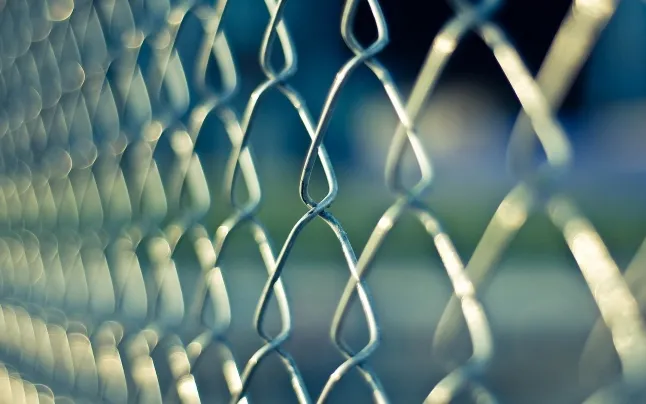
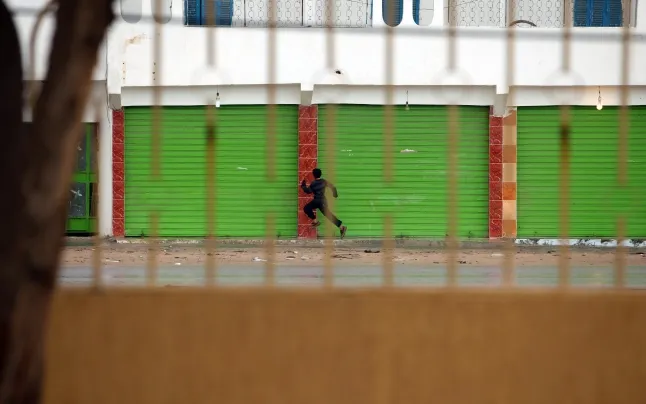
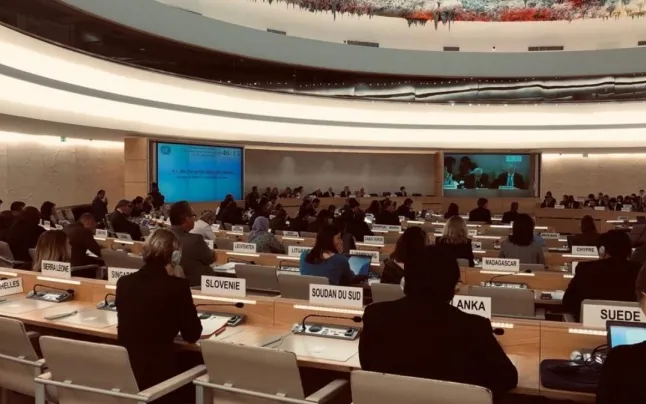



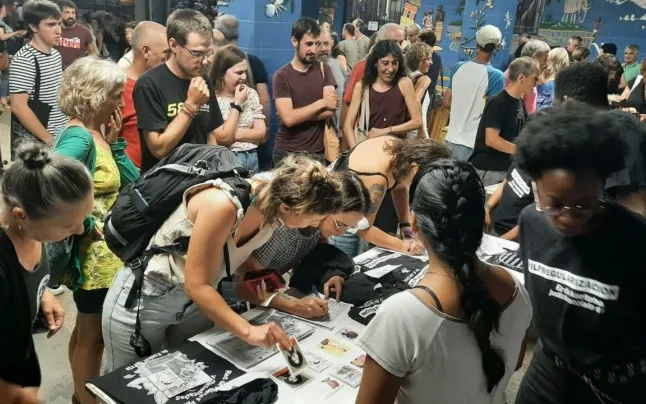
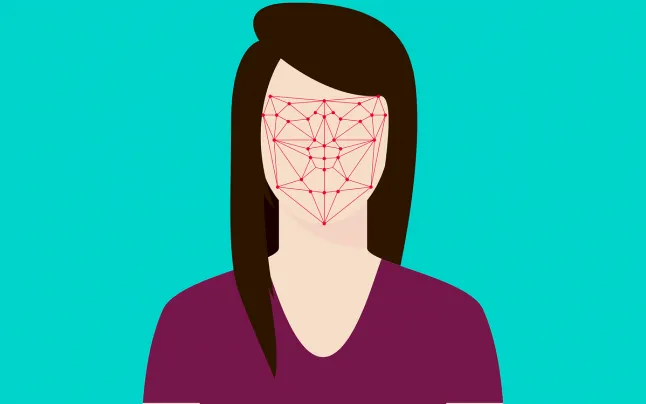

Add new comment